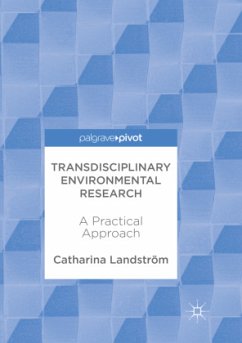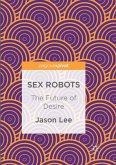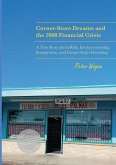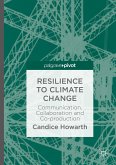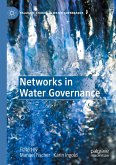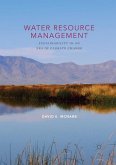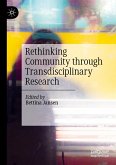This book explores the practice of transdisciplinary research through the narratives of different individuals taking part in a project investigating local water management. The research project ran for one year and brought seven university scientists together with seven local residents to explore relationships between water quantity, water quality, abstraction of water resources and how to reduce pollution.
Landström presents three conversations that convey the experience of transdisciplinary practice in natural language in order to offer insights into the workings of a transdisciplinary Environmental Competency Group. The conversations highlight Environmental Competency Groups as tools enabling collaboration between knowledgeable individuals who do not share a common scientific vocabulary.
Transdisciplinary Environmental Research
will appeal to natural and social scientists interested in working collaboratively with each other and the general public on environmental research projects.
Landström presents three conversations that convey the experience of transdisciplinary practice in natural language in order to offer insights into the workings of a transdisciplinary Environmental Competency Group. The conversations highlight Environmental Competency Groups as tools enabling collaboration between knowledgeable individuals who do not share a common scientific vocabulary.
Transdisciplinary Environmental Research
will appeal to natural and social scientists interested in working collaboratively with each other and the general public on environmental research projects.

